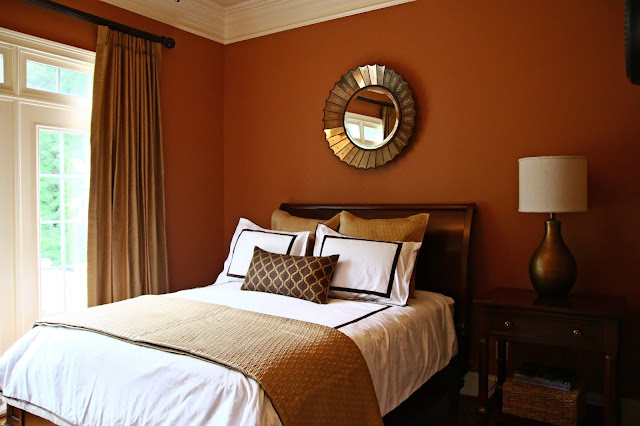Last Updated on November 30, 2024
Finding safe and affordable housing for clients can be a challenge for a service coordinator or case manager. Case managers often are tasked with finding housing for individuals with a variety of mental health, physical and developmental challenges. In most cases, group homes are a suitable solution.
However, there are also clients who don’t have medical
insurance and have criminal backgrounds that prevent them from obtaining an
apartment or any form of subsidized housing. In many cases, they don’t meet the criteria
for many waiver programs that tend to cater to lower functioning clientele.
Boarding homes are sometimes a viable option for clients who
are difficult to place. Boarding homes are similar to group homes in that the
home is shared with others. However, there are some significant differences
between the two. Case managers should examine these differences before
assisting with placement.
Group Homes
Group homes are basically houses that are shared with other residents
with disabilities and are staffed 24 hours a day with trained residential
staff. In most cases, group homes must be licensed by the state in order to
receive Medicaid funds. Group homes also must develop a treatment plan and
provide ongoing training and skill building.
In addition, group homes require a significant amount of background
information to meet state compliance standards. Psychological reports, TB Tests, and a
physical are required before admission in to most group homes.
Group homes provide more a structured environment which is
often needed with clients who may require the extra support to remain safe.
Group homes are most suitable for those with significant development
disabilities and require 24 hour supervision. Group homes also tend to serve individuals
with the same or similar diagnosis (i.e. Intellectual Disability). Group homes
must be licensed to house a very specific population. For example, you would rarely find a group
home that was licensed for the intellectually disabled and a transition home
for people coming out of prison.
Group home have a few restrictions. In some cases, residents
are limited in their activities if the home is understaffed. Residents that need more one on one may not
get enough support when staff is not available. Turnover is also a big problem
with group homes. Most support staff earn very little and they often leave for
better paying jobs. Medicaid Waiver funding is also distributed differently in
each state and funds may not be available when a group home placement is
needed.
Advantages
1. Licensed by the state
2. Trained staff
3. Regulated by state and local agencies
4. Structured Environment
5. Higher level of care
Disadvantages
1. Usually require Medicaid or Medicaid Waiver Funding (which can be limited)
2. More restrictive environment
3. Staff Turnover
Boarding Homes
Boarding homes are also houses that allow people to rent a room. Like any
other rental process, a lease or contract may be required. Boarding homes are
pretty much unregulated and anyone who owns a house can rent out bedrooms and
make it a “boarding home”. The residents
usually have access to most of the
common areas of the home such as the kitchen, laundry room, and the dining
areas.
Boarding homes are ideal for difficult to place residents
who do not have Medicaid and do not met the criteria for Medicaid Waiver
funding. These individuals are usually higher functioning and are
independent enough to care for themselves.
In these situations, a boarding home can be a good option.
The downside to boarding homes is there is no regulation.
Well, depending on your feelings about regulations this can be considered a
downside. Boarding homes have no specific criteria for who lives in the home. There
could be residents with different levels of disability to people with no disability
living in the home. This could pose a safety issue for more vulnerable residents.
Of course, the home owner can determine the type of resident they want to have
in their house.
Advantages
1. Ideal for difficult to place residents
2. No Medicaid requirement
3. More freedom and independence
Disadvantages
1. Unlicensed and unregulated by the state
2. Unpredictable clientele
3. Little to no support staff
Both group homes and
boarding homes can provide critical residential services needed for people with
disabilities. However, as a case manager, I would consider a boarding home as a
last resort for most of my clients. Case
managers have to examine the situation to determine the best placement.
Recommended Podcast

